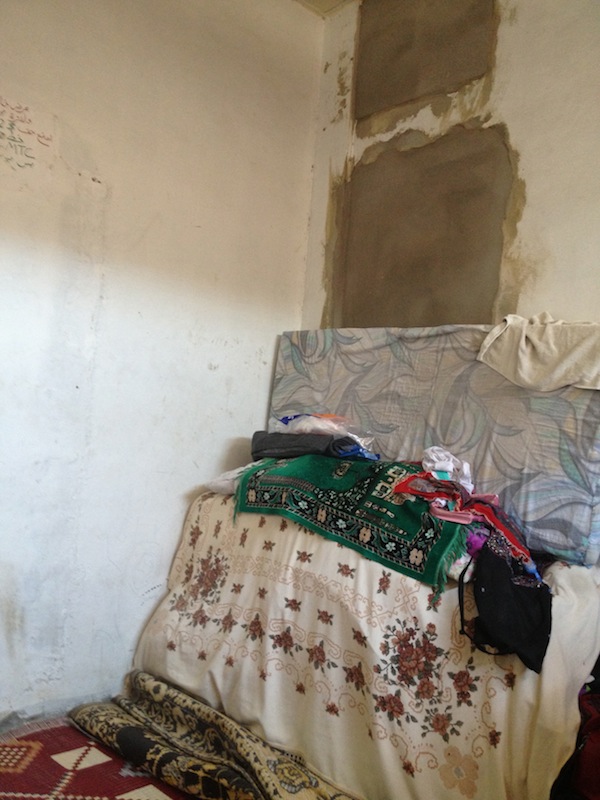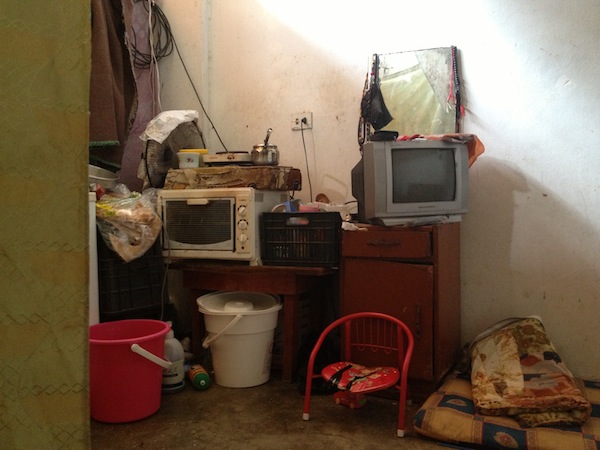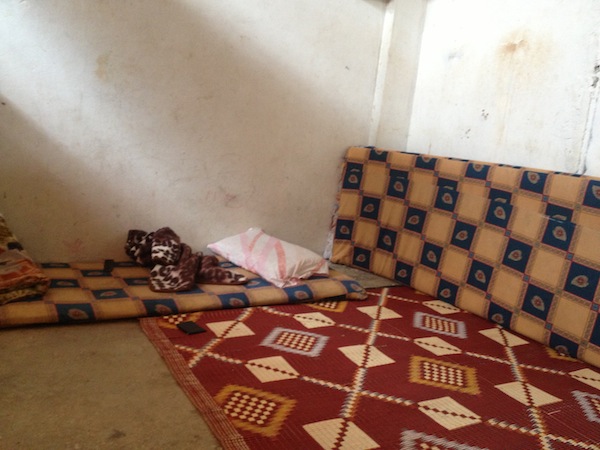[The following report was issued by the The National Institute of Social Care & Vocational Training (NISCVT)]
Since the start of the Syrian uprising, Palestinian refugees from Syria (PRS) have attempted to remain relatively neutral in the conflict. However, as the conflict escalated both surrounding and within Yarmouk refugee camp in the Damascus suburbs, Palestinian refugees have become increasingly impacted. Between December 2012 and January 2013, a steady and growing flow of PRS began seeking refuge in Lebanon and now the country is host to over 30,000 PRS (ANERA). Additionally these approximate figures are expected to be higher than reported as many have yet to be registered.
Lebanon is already host to approximately 440,000 Palestinian refugees, who were exiled during the 1948 Nakba, and subsequent wars and massacres. Moreover Lebanon is also currently host to an estimatedone million Syrian refugees. Within this context, PRS are particularly vulnerable due to the lack of support they receive from both national and international organizations. Unlike Syrian refugees who receive assistance from UNHCR and a plethora of other organizations, all of whose efforts have yet to fully meet the needs of the overwhelming Syrian refugee population in Lebanon, PRS only receive assistance from UNRWA, according to UN mandates, and a limited number of other NGOs. Even preceding the Syrian refugee crisis, UNRWA was severely under-funded and has had difficulty meeting the basic needs of Palestinian refugees in Lebanon. Moreover, UNRWA resources and facilities are inadequate and unable to absorb the influx of these additional refugees. Thus, the limited and scarce resources available to PRS in Lebanon place them in a particularly vulnerable situation. While local NGOs try to complement UNRWA’s services, they too are chronically underfunded.

[Image by NISCVT.]
Palestinian refugees from Syria are now refugees for the second or third time in their lives; in some cases more. After the 1948 exile of Palestinians from their homeland, in what is termed al Nakba, or Catastrophe, Palestinians were forced to seek refuge in neighboring Arab countries such as Syria, Lebanon, and Jordan. Others were internally displaced to other regions of Palestine. What was expected to be a temporary displacement has resulted in an over 65 year occupation of their homeland. While Palestinian refugees under international law have a legal right to return to their homeland, as are all refugee populations, they have been consistently denied this right; with the international community failing to effectively advocate on their behalf. This makes the Palestinian refugee crisis the longest-lasting refugee crisis, creating the single largest refugee population in modern times.

[Image by NISCVT.]
The substantial influx of refugees, particularly in Lebanon’s most impoverished areas, has had a profound affect on the financial situation of both poor Lebanese nationals as well as an even more profound negative impact on the Palestinian refugee community in Lebanon. Palestinian refugees in Lebanon, as well as the poor Lebanese have been driven into greater poverty and unemployment, since Syrian refugees are accepting jobs for lower wages. Due to the increased labor supply, employers have been able to demand more work for less pay and have even dismissed local staff in favor of refugees who are willing to work for less. For Palestinian refugees in Lebanon who are prohibited from working in over 72 professions, the effect has been devastating. Many manual labor and black market jobs have been filled by Syrian refugees or PRS. According to a recent ANERA needs-assessment report, this has made PRS “the most vulnerable sub-population affected by the crisis. PRS have fewer legal protections than other communities, no legal employment possibilities, and are mostly to be lodged with the poorest host communities in Lebanon. Furthermore, the international response to their particular needs has been markedly less than for the general Syrian refugee.”
.jpg)
[Image by NISCVT.]
PRS have primarily sought housing in the scattered 12 refugee camps of Lebanon, many of which are already overcrowded. Many live in substandard conditions in shelters such as garages, shacks, shops, and public buildings, with as many as 10-15 persons living in a single quarter. Moreover, many PRS lack the most basic facilities such as refrigerators, electricity, and access to running water. Some do not even have toilets or bathrooms in their living quarters, forcing them to use public lavatories or the bathrooms of their neighbors. These harsh living circumstances will only worsen during the cold and wet winter months. There is a desperate need to increase efforts to support PRS in Lebanon for the winter season.

[Image by NISCVT.]
Lebanon has faced one of the coldest winters in over 100 years and it is only the beginning. Organizations in Lebanon are rapidly trying to meet the needs of the refugee population by providing winter items, including heaters, blankets and winter clothing. Unfortunately, since PRS do not benefit from the services of most international and local organizations in Lebanon, they are left particularly vulnerable and will not have access to the basic resources necessary to keep their families warm and secure. Only a handful of organizations are specifically targeting PRS families, however, they are unable to cover even a fraction of the needs and reach only a limited number of families. Some organizations have initiated creative fundraising campaigns to fill the gaps, such as the National Institute of Social Care and Vocational Training (NISCVT), more commonly known as Beit Atfal Assumoud (BAS). The NISCVT is a Palestinian-run Lebanese NGO operating in the Palestinian refugee camps of Lebanon. Established primarily as an orphanage for orphans of the Taal el Zaater massacre, NISCVT now operates community centers in all 12 Palestinian refugee camps in Lebanon. Acting primarily as a kindergarten, and early education center, NISCVT also provides a plethora of youth and community based activities, as well as social relief services. NISCVT’s existence is a reminder of the ongoing nature of al Nakba.
As PRS families struggle to survive the winter months, aid organizations are also struggling to meet the high needs of the refugee community. While the international donor community neglects PRS, organizations hope the international community may hear their calls and support PRS this winter, for the worse is yet to come.